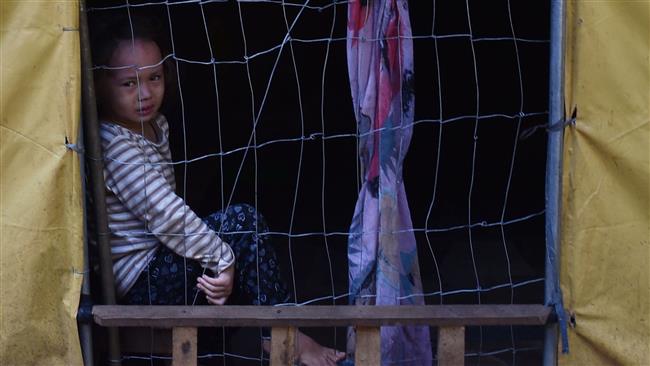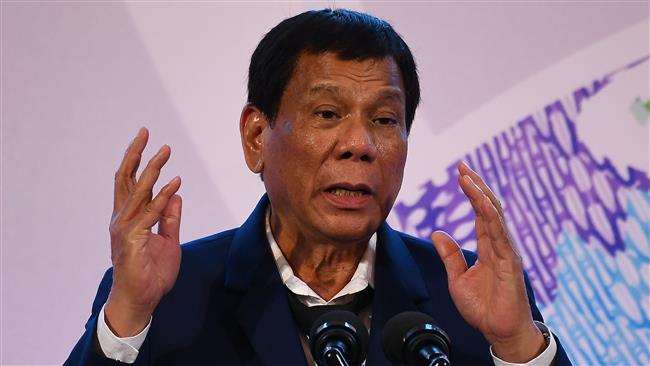UN warns of massive rights abuses against Muslims in southern Philippines
Two UN-appointed experts have warned that an extension of a martial law imposed on territories populated by a Muslim indigenous community in the southern Philippines may intensify the massive human rights abuses currently committed against members of the group.
Victoria Tauli-Corpuz and Cecilia Jimenez-Damary, the UN Human Rights Council’s special rapporteurs on the rights of indigenous peoples and internally displaced people, said late on Wednesday that Muslim Lumads living on the huge island of Mindanao could even slip into further misery if a current siege by the armed forces continued in the area.
“We fear the situation could deteriorate further if the extension of martial law until the end of 2018 results in even greater militarization,” said the experts in a statement while adding that thousands of Lumads had already been displaced and some killed on Mindanao Island since May, when Manila imposed an emergency rule to respond to the takeover of the city of Marawi by militants, who the government claimed were linked to the indigenous community.
Lawmakers in the Philippine parliament have overwhelmingly backed a plan by President Rodrigo Duterte to extend the martial law through 2018, saying it is needed to control the situation in Marawi and its neighborhoods.

The opposition and international rights campaigners, however, have called for an abolition of the rule, saying it is based on unfounded suspicions.
Tauli-Corpuz and Jimenez-Damary said Lumad Muslims had already faced huge abuses as estimates suggested that 2,500 members of the community had been displaced since October. The pair said military forces killed Lumad farmers on December 3 after they reportedly resisted mining activities on their ancestral lands.
“They are suffering massive abuses of their human rights, some of which are potentially irreversible,” said the two, adding, “We fear that some of these attacks are based on unfounded suspicions that Lumads are involved with militant groups.”
VIDEO | Australians rally for Gaza ahead of Christmas festivities
VIDEO | Attacks on Sana'a
Iran reports further drop in annual inflation rate in December
Israel indicts two settlers over suspected spying for Hezbollah
Iran: US airstrikes on Yemen war crimes, violation of international law
Yemeni armed forces down F-18 fighter jet, repel US-UK attack: Spokesman
Iran warns against US-Israeli plot to weaken Muslims, dominate region
VIDEO | Public uproar in US against Israeli regime












 This makes it easy to access the Press TV website
This makes it easy to access the Press TV website